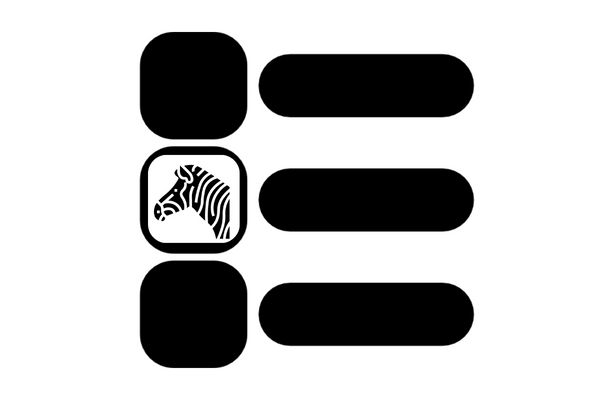The story of Shannon
Applications, whether it is for a job or a membership, are full of standard questions to help the reader get an idea of who we are and what we can offer. Open questions give us the chance to sell ourselves and make out we are the most incredible person on the planet. Some may say closed questions are the easiest part of the application to complete, yet the question I struggle with the most is: ‘Do you consider yourself to have a disability?’
If I said the word disabled to most people, they would automatically think of someone in a wheelchair or someone with a physical impairment that is visible. This is not because people are inherently bad or discriminatory, but because these associations have been engrained within society – and I am no exception to this narrative. Although the stereotype is evolving, the stigma and discrimination surrounding this word still lingers.
When I first got diagnosed with Ehlers Danlos Syndrome as a teenager, the specialist said she didn’t want to label me. So, I went away thinking I wasn’t diagnosed. A few years ago, when going to the GP for an unrelated appointment, I was greeted by a GP who exclaimed, “I have EDS too!” I laughed but I was also confused. I questioned whether this was on my records, and she proceeded to read out my letter from that initial appointment.
I don’t blame the specialist for her approach as life is full of labels: labels with stigma attached that are hard to shake. But I feel I was deprived. Deprived of over a decade of knowing my condition, of understanding my community and of becoming confident in who I was with this condition.
So, why do I struggle to answer this question so much? Well, I don’t consider myself disabled because my consideration of a disability has been shaped by society, and I feel guilty that I will steal resources or support from someone else who might need it more. TfL can put as many signs saying “not all disabilities are visible” up as much as they like, but some individuals will still look at me with distain when I sit in those seats. I also am apprehensive about the complications this may have on my career and how I may be presented to my employer. And THEN I get annoyed that I am contributing to the continued narrow-minded view of disability. By then, the application session has timed out and I have to start again.
In writing this, I hoped I would have some sort of epiphany about how to deal with this issue. The truth is that I don’t. I think that all we can do is talk. Share our stories. Share our thoughts. Share our space. For me, I am still figuring it out, still accepting my life with a rare disease. Narratives don’t change overnight but that shouldn’t stop us from writing the opening.
